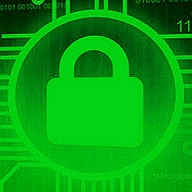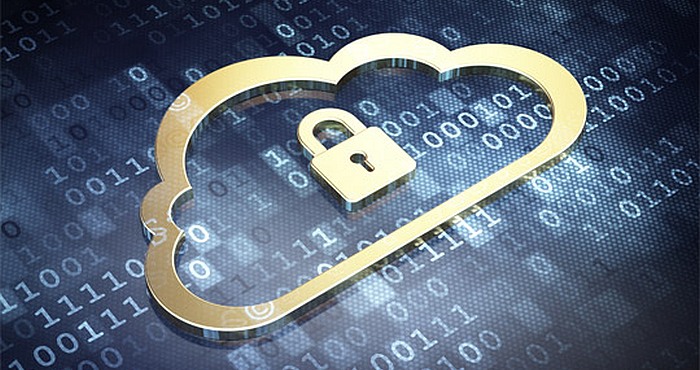It is very evident from the looks of recent newspapers that we are currently thriving in a world in which open democratic values have been attacked. Terrorists have attacked Ouagadougou, Jakarta, Bernardino, San Bernardino, Bamako, and Paris. We are between a technological revolutions which is responsible in reshaping our society. The internet has been driving news ways through which businesses carry out their operations.
The huge software uses have reshaped cost structures of doing business as more powerful business models have been launched. The excess demand and supply are being satisfied and catered for. There is also a shift in operating model. Although, despite the fact that these software have become transformative and essential, they have also opened up new digital threat vector mainly for those who are seeking to attack democracies in the physical world. We must resist reacting to such threats by actions like hardening borders, limiting technology capabilities, and rescinding access. As opposed, we should consider embracing a security posture, which is foundational and empowering to get an agile society.
The revolution is unique due to the fact that the user is in the driver’s seat. There is a demand for an easy-to-use, ever improving, and always-on-digital capability. For example, Estonia has pioneered the idea of having a country with no boarders through the ‘e-residency’ that was just unveiled recently. With this, you will get a digital identity issued by the government as well as an Estonian address. You will hence be able to conduct banking and also set up a “location-independent” company online. Through such digital transformation, they will count the whole world as their market.
Securing our states and countries will take a new shape through the realization of the potential of our newly connected world. We have already seen software applications that have connected industrial pillars across the world like Uber Taxis in transportation, remote access to care in healthcare, and digital banking in finance. Enterprises take just some few weeks to expand their global reach today, unlike some years ago when it could take months or years.
With the expansion of the technological surface area in the world, there is need to take note of the already constructed cyber-boarders and emphasis on them further. The world should understand that security-wise, hackers never recognize borders. It is evident from malware like Conficker. Our global growth and lives are being run by software. They are running our economy, driving our cars, and flying our planes. There is also the need to secure our real-time boarders through such technologies.

